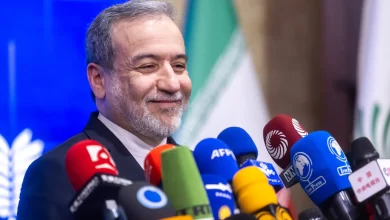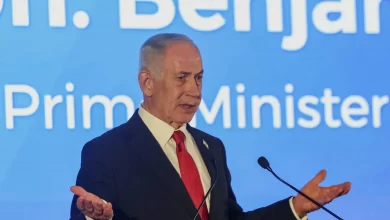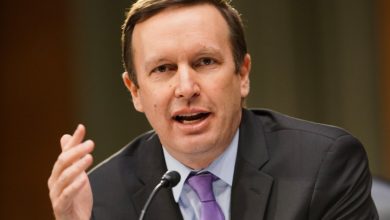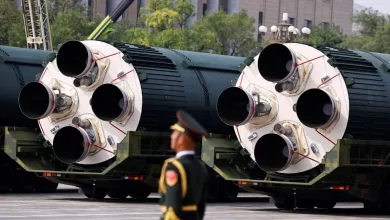Russia’s Growing Footprint in Africa’s Sahel Region
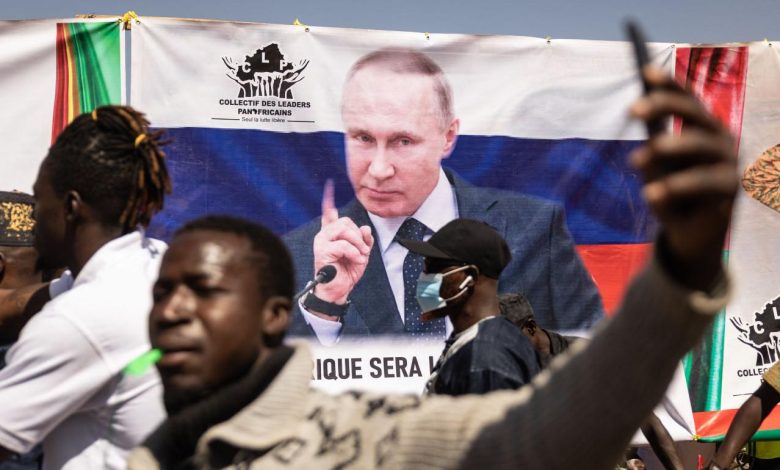
Paul Stronski, Former Senior Fellow
Russia and Eurasia program
Summerized by Sumaya Sayed
Despite Russia’s military struggles in Ukraine, Moscow has not cut back its ambitions in the Global South. Over the past year, Russia has doubled down its focus on Africa’s Sahel region, a troubled part of the continent that spreads roughly from Senegal to the Red Sea. Through the infamous Wagner mercenary group, Moscow is inserting itself in countries such as Mali and Burkina Faso and is taking advantage of Western policy missteps, growing anti-European sentiment, and longstanding failures of international and local actors to address the root causes of regional instability.
While Moscow’s proxies in Africa garner a lot of attention, its influence across the continent is neither particularly wide nor deep. Nonetheless, with violence spreading in the Sahel, Washington has expressed concern over Moscow’s growing presence there. The Joe Biden administration, however, has few practical options to push back.
Although rich in resources, the Sahel suffers from a long history of political instability, armed rebellions (especially in Mali and Niger), and bad governance. Since gaining independence in the 1960s, countries in the region have faced challenges of state- and nation-building. These countries inherited governing institutions and redefined territories that have proven difficult to manage.
Islamist insurgency groups control large parts of the region and fight against government forces and local populations for its resources. Civilians are often caught in the middle. Despite long-standing international and regional efforts to combat insurgents, these groups continue to expand their presence across the region. Traditional anti-terror campaigns have failed to stop the violence.
Meanwhile, a humanitarian crisis is growing. In January 2023, the head of the UN Office for West Africa and the Sahel warned that armed conflicts have worsened human suffering and forced millions to flee. Roughly 2.7 million people have been displaced and 1.6 million children are malnourished, according to UN estimates. Russia’s war against Ukraine has further exacerbated food insecurity in a region where climate change and war already threaten local agriculture. Multiple military coups have occurred in the region since 2020: two each in Burkina Faso and Mali, one in Chad, and another in neighbouring Guinea.
Regional and international mechanisms—such as the UN Multidimensional Integrated Stabilization Mission in Mali (MINUSMA) and the Economic Community of West African States (ECOWAS)—have failed to prevent instability from spreading. MINUSMA’s mandate is narrow, focusing on efforts to support the implementation of a peace and reconciliation agreement in Mali and to provide security for UN officials working in the country. ECOWAS pushes regional integration and democratization, efforts that appear at odds with the conflicts that have engulfed several countries. The organization has also tried to mediate internal political crises and support peace operations in the region, but these efforts have largely been in vain.
In 2013, France—the Sahel’s former colonial power—took a traditional anti-terror approach to the region when it launched Operation Serval in Mali. The campaign was initially seen as a success, but the follow-on Operation Barkhane, which began in 2014, had a much larger mandate for the Sahel overall.
At its peak, the Barkhane deployment totaled approximately 5,100 troops, which was hardly enough to prevent the spread of jihadist control and retain strong support for the campaign among regional governments and publics.
Especially in parts of Burkina Faso and Mali, essential services (including healthcare and education) have collapsed, and some of the bloodiest fighting in recent years occurred in 2022. As insurgent violence takes its toll on local populations and their plight worsens, public anger increasingly and understandably is directed at France.
Political instability has given rise to increasingly repressive regimes that have caused friction between several governments of the Sahel and their international or regional partners. The relationship between Paris and Bamako, for example, sharply declined following back-to-back military coups in Mali in 2020 and 2021. Local resentment of France’s brutal colonial history has further exacerbated tensions. After a decade of failed anti-terror and stabilization efforts, France withdrew its forces from Mali in August 2022.
Like Mali, Burkina Faso is engulfed in violence. Its government only controls about 60 percent of the country’s territory, and violence continues to spread. Like in Mali, back-to-back coups in 2022 caused the country’s ties with France to spiral downward. Anti-French sentiment is also deeply entrenched, and protests against Paris are common in Ouagadougou, where the new military leadership asked for the withdrawal of the French ambassador in December 2022. The following month, the Burkinabe government called on France to pull all its forces from the country.
Ties between the United States and both countries have also worsened. Following the coups, the Biden administration suspended the countries’ free trade access to U.S. markets. Large-scale human rights issues also triggered laws that prohibit the provision of U.S. military or training assistance to countries of concern. While U.S. officials have expressed alarm about the Wagner Group’s presence in the Sahel, the administration appears neither inclined nor able to provide any alternative security assistance.
